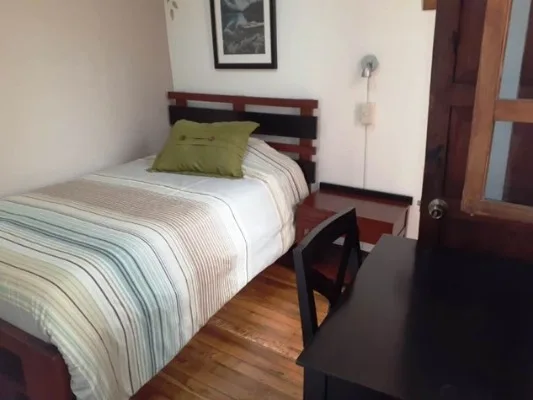Inmates still control parts of Guayaquil penitentiary as identification of the dead continues

Family members of prisoners wait outside the Guayaquil penitentiary on Thursday. At one point, they blocked the prison entry, attempting to stop vehicles transporting bodies.
Although prison officials say the violence has ended and control has been reestablished at the Litoral Penitentiary in Guayaquil, police and military personnel say that two of the prison’s nine cell blocks remain in the control of prisoners. Army General Tannya Varela, whose troops are working with police, says that barriers erected by inmates remain to be dismantled, a job she says that should be completed Friday. “No, we do not have full control of the facility but we believe that no additional violence is occurring in the areas in the hands of prisoners.”

Army troops stand guard outside the prison.
On Thursday night, helicopters flew over the prison as neighbors reported hearing explosions. Police say the blasts are part of efforts to open doors blocked by prisoners. “We are not aware of further violent activity by inmates,” police commander Fausto Buenaño told news reporteers outside the prison.
National prison director Bolívar Garzón raised the official death toll to 118 late Thursday and said the count is not final. “We will continue our search until all victims are accounted for,” he said. He said that police have recovered bodies in ventilation ducts and attic passages, making the collection process difficult.
Meanwhile, as many of 300 family members of prisoners remain near the entrance of the prison, awaiting word of the dead and injured. Another 100 wait near the morgue where bodies have been taken while only a few dozen are gathered at the Abel Gilbert Coliseum in Parque Samanes, where officials say they will release names of the dead and injured when they become available.
As of early Friday, only 20 bodies have been identified and only four have been released to families.
“Because of the condition of many of the bodies, identifying the dead is a very slow process,” says Colonel Henry Coral, technical director of the Judicial Police. “Because the bodies have no identification and because many of them are burned and dismembered, we cannot perform standard autopsies. We are collecting finger prints and recording tattoos and consulting with family members but this could take days.”
Coral said a team of forensics experts arrived Thursday from Quito to help with the identification process.


















